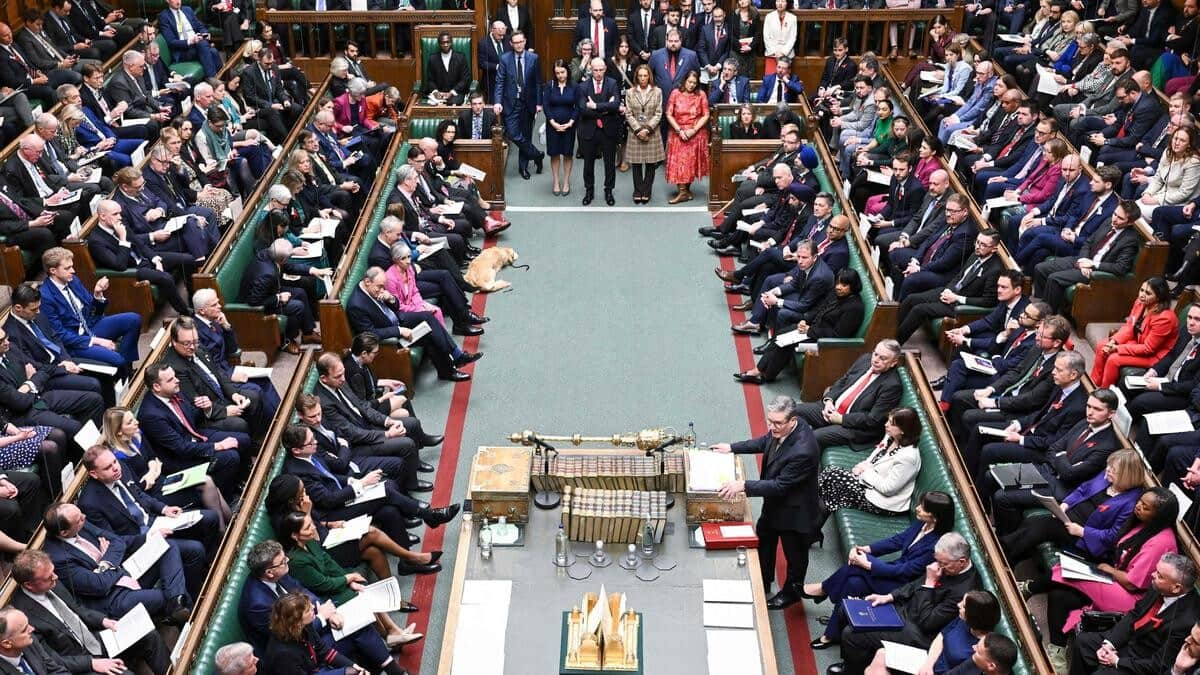
UK to vote on assisted dying—What's it? Why's it contentious?
What's the story
The United Kingdom's Members of Parliament are expected to debate and vote on a potentially transformative bill that could legalize assisted dying in the country. The proposed legislation, introduced by Labour MP Kim Leadbeater, aims to provide dignity for terminally ill individuals. If passed, this law would bring the UK in line with countries like the Netherlands, Belgium, Spain and Luxembourg that already permit assisted dying.
Key distinctions
Assisted dying vs euthanasia: Understanding the difference
Assisted dying refers to terminally ill patients receiving lethal drugs from a medical practitioner, which they administer themselves. This differs from euthanasia, where a physician administers the drug. Richard Huxtable, professor of medical ethics and law at the University of Bristol, clarified that "the main difference is who performs the final, fatal act."
Eligibility criteria
Proposed law outlines specific conditions for eligibility
The proposed law lays down certain conditions for eligibility. Individuals should be over 18, live in England or Wales, and be registered with a GP for a minimum of 12 months. They should also have the mental capacity to choose and be expected to die within six months. Two independent doctors should approve this assessment. A high court judge would rule on each request with a mandatory 14-day waiting period before action can be taken.
Divided opinions
Support and opposition for the assisted dying bill
The bill has divided UK leaders and citizens. Proponents say it gives terminally ill people control over their death if suffering becomes unbearable. However, detractors fear it could adversely affect vulnerable people. Former PM David Cameron supports the bill, while former PMs Liz Truss, Boris Johnson, Theresa May and Gordon Brown oppose it over fears of its possible impact on "vulnerable people."
Legal implications
Current legal status of euthanasia and assisted suicide in UK
Currently, in the UK, euthanasia can lead to murder charges, while assisted suicide can result in up to 14 years in prison. The debate continues as MPs consider whether to change these longstanding laws. Health Secretary Wes Streeting expressed concerns about potential financial burdens on the NHS: "There would be resource implications for making assisted dying legal."